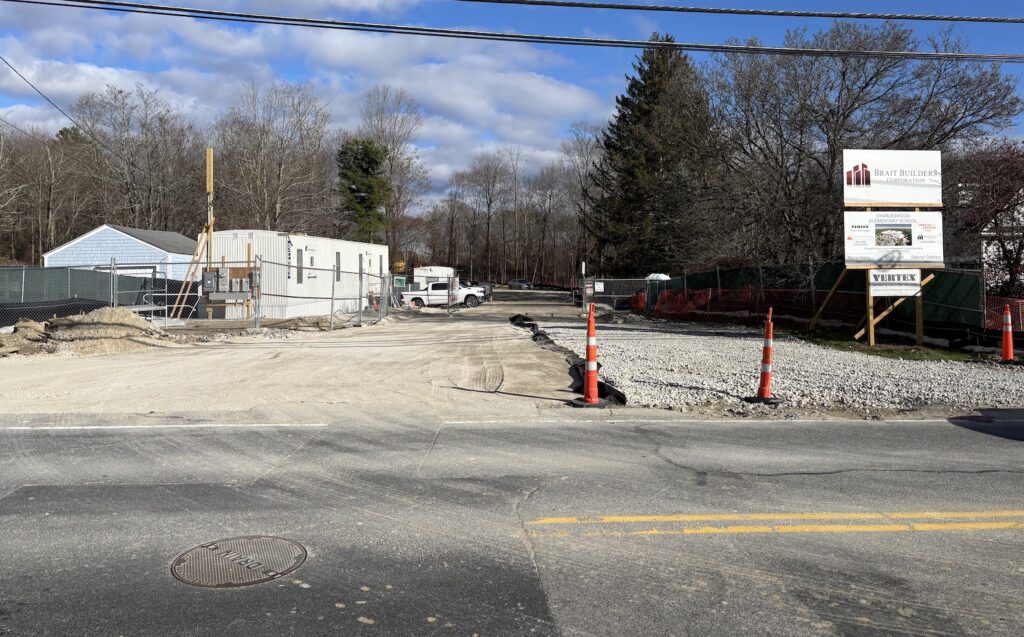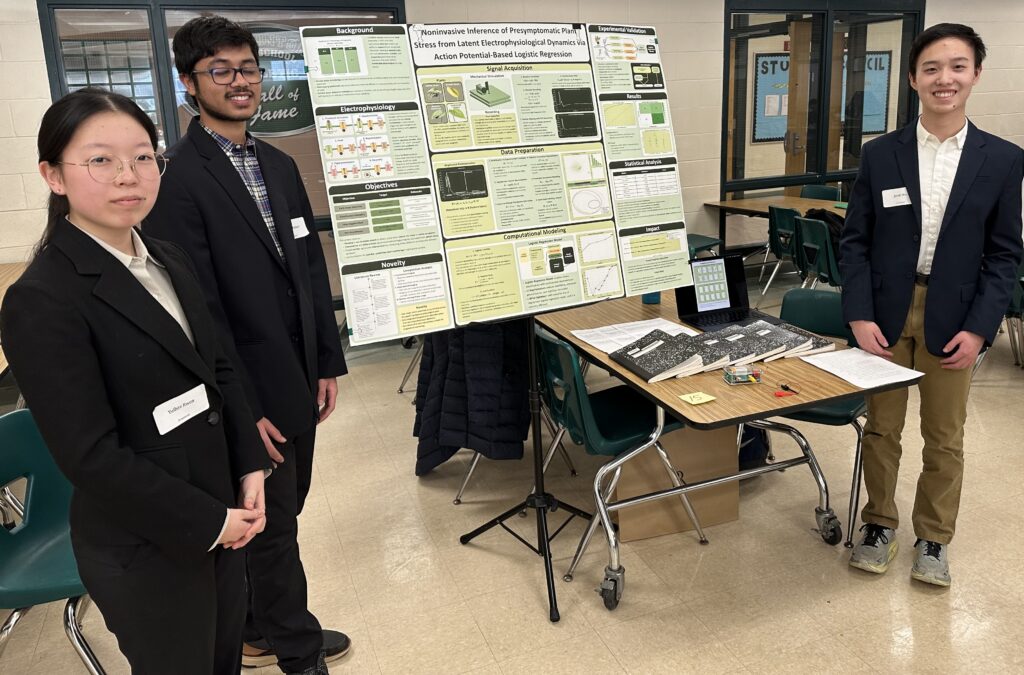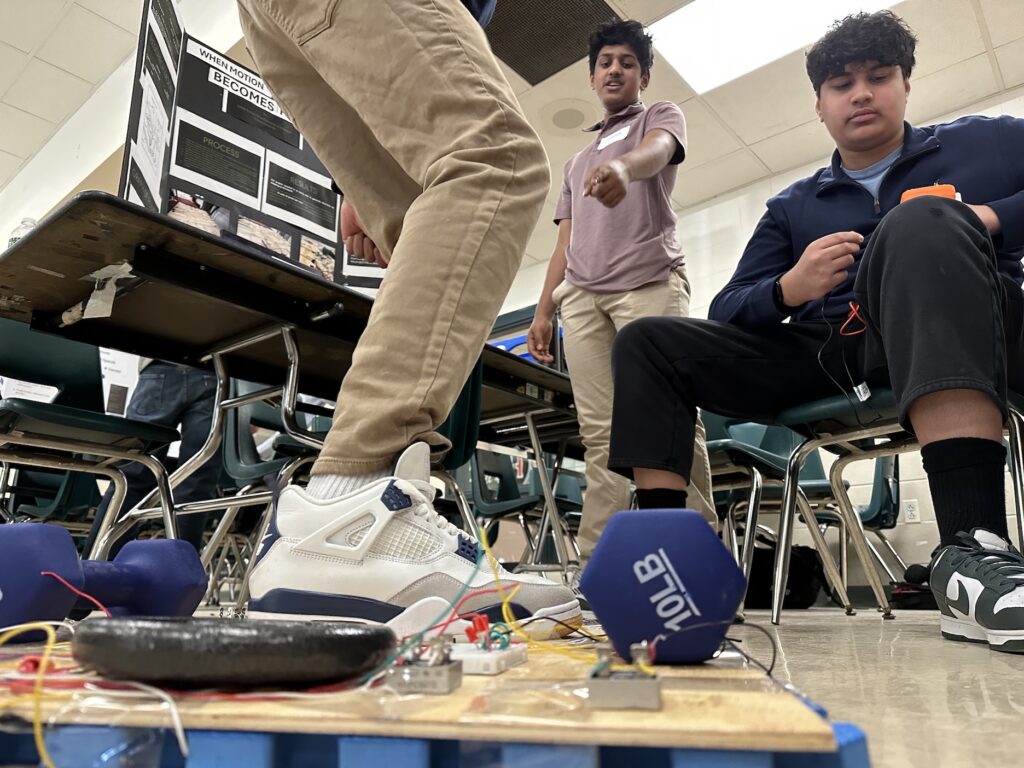Last week, the full board and a partial subgroup of the School Committee reviewed policies regarding civil rights and harassment and how they are handled in the district.
As the members rework some language for clarity and relevance, several questions arose that will be addressed in future iterations of the documents.
Superintendent Carol Cavanaugh said as the district enters the budget season, the committee will have less time to devote to policy revisions, although they could be squeezed onto an agenda when time permits.
During the policy subcommittee session on Friday, questions arose about language suggesting that building principals or their designees are the administrative parties responsible to handle civil rights violations.
Carol Cavanaugh said typically at the elementary level, assistant principals investigate infractions that occur, while the principal is the party in the older grades.
In response to a question from subcommittee member Susan Stephenson, the superintendent said staff received civil rights training during the pandemic, but it is more “cyclical” now that Title 9 regulations are changing.
“Two years ago, we shored up the process so when someone reports bullying, we have a system where the [reporting] forms with civil rights are linked together to be consistent,” she said.
Principals handle violations
Stephenson asked whether it would be overwhelming for a newly hired assistant principal to take on these duties as they try to transition from a classroom teacher to an administrator. She asked whether they received civil rights training.
Carol Cavanaugh said it would depend on the focus of the licensure program the individual completed. Some, for example, are geared toward curriculum and instruction. She suggested new personnel could receive guidance from more veteran administrators.
Subcommittee member Jamie Wronka asked about how the civil rights policy applies to situations occurring on school grounds after hours or outside of school.
The superintendent is seeking legal counsel’s advice on actions that occur in neighborhoods, on social media and elsewhere that are considered violations of a student civil rights. She said the language implies it is a district matter if “it trickles in and impacts teaching and learning.”
Elsewhere in the document, there is wording that defines violations as “barriers” that stop students from achieving their fullest potential.
Wronka also asked questions about wording that talked about the general public and the public school “community” rather than system.
As an example, the superintendent used a fifth grade choral concert where a member of the general public calls out a person of color. She said it is a school-sponsored event and the student should be protected.
There are instances at sporting events, like football games, when police must be called.
Carol Cavanaugh said Athletic Director Ricky Andrade is the “first line of defense” administrator at athletic events. Civil rights violations could include racial issues with someone in the stands “making ugly calls,” she said.
Andrade has been put in the position of having to “call out a parent if an individual starts being nasty,” Cavanaugh said. Taking action in cases like that puts Andrade in a “tricky situation,” she added.
Security at athletic events a concern
When asked about security and police detail at sporting events, Carol Cavanaugh said it likely would be at large football games but less likely at midweek basketball games.
“Shouldn’t someone call the police. or am I depending too much on citizens’ intelligence?” Stephenson asked.
The policy covers anyone from an uncle at a parents night to visitors, volunteers and “parties contracted to public schools,” if they are deemed to be violating students’ civil rights.
Complaints must be registered with the district’s Title IX compliance officer, assistant superintendent Jeff LaBroad.
Carol Cavanaugh said if an administrator interviews a child and the incident is found to be a civil rights violation or harassment, the police are notified. However, she noted, parents often do not want the situation escalated in that way.
Once legal counsel weighs in, the subcommittee will continue to revise the policy.
On Thursday, the full School Committee took another look at the related sexual harassment policy, and the superintendent repeated the sentiment that the district investigates any formal complaint.
“There are times when the school [district] says that we’ll investigate an incident as sexual harassment and the parent says, ‘I don’t want you to.’ ”
She added the parents sometimes say they just want the behavior to stop.
Stephenson questioned what happens when everybody at the district recognizes harassment is what it is, but the parents do not want to pursue it.
“Once you put a tag on it, it becomes a police matter,” Carol Cavanaugh said. “There are school-based consequences regardless.
“Kids being kids, sometimes they do something sexually suggestive. … There is a conversation between the kid and administrator. We talk about the severity of the conduct versus pervasiveness. There is a difference between making a mistake and doing the same thing repeatedly so it becomes harassment.”
School Committee chair Nancy Cavanaugh said another layer is Mass. General Law that requires school personnel as mandatory reporters to report cases of suspected child abuse to the Department of Children and Families.
For the category of sexual violence and “other serious matters,” the law reads, referrals to local law enforcement are made.
The superintendent said the complainant does not have to be the person at whom the unwelcome sexual conduct is directed. It may be a witness to it and someone personally offended by the conduct.
The board will revisit the policies at future meetings and they will be further clarified by legal counsel.
“This is a heavy topic,” Nancy Cavanaugh concluded.





















0 Comments